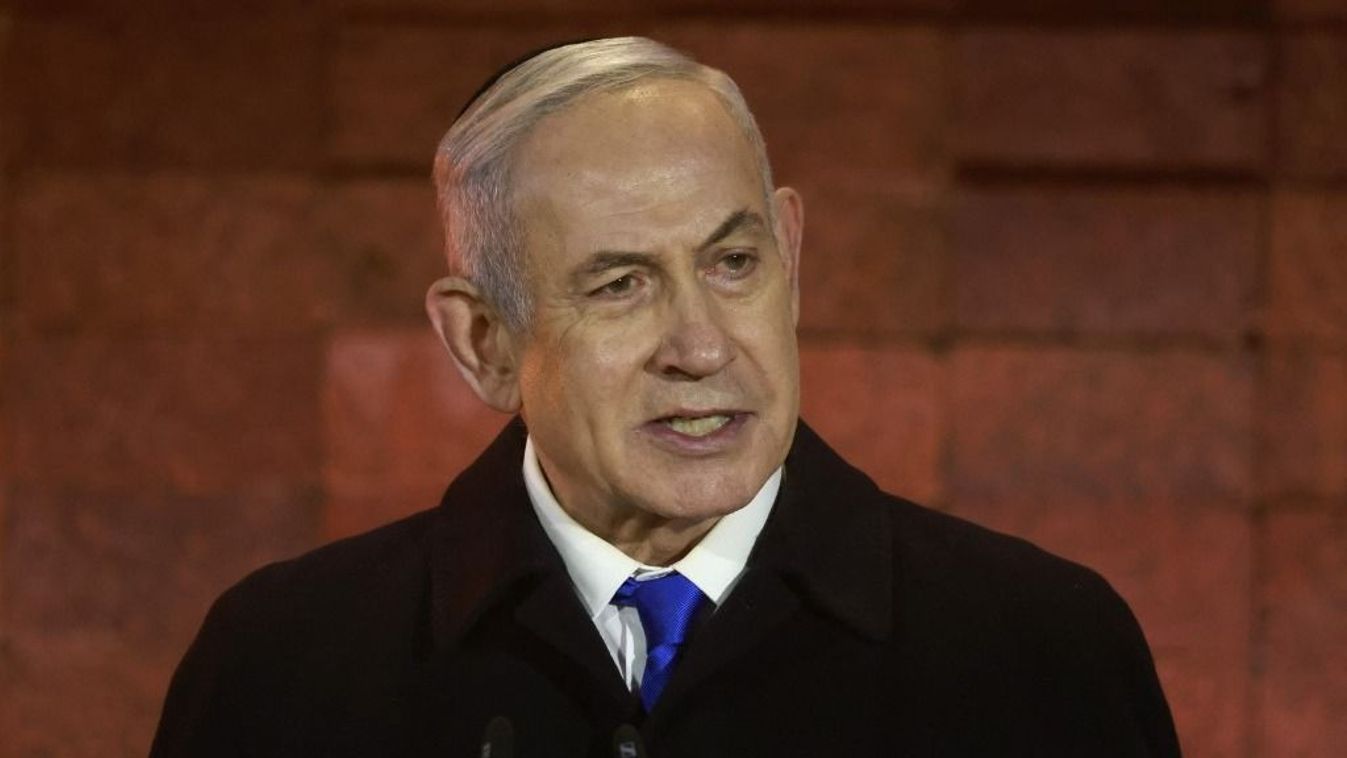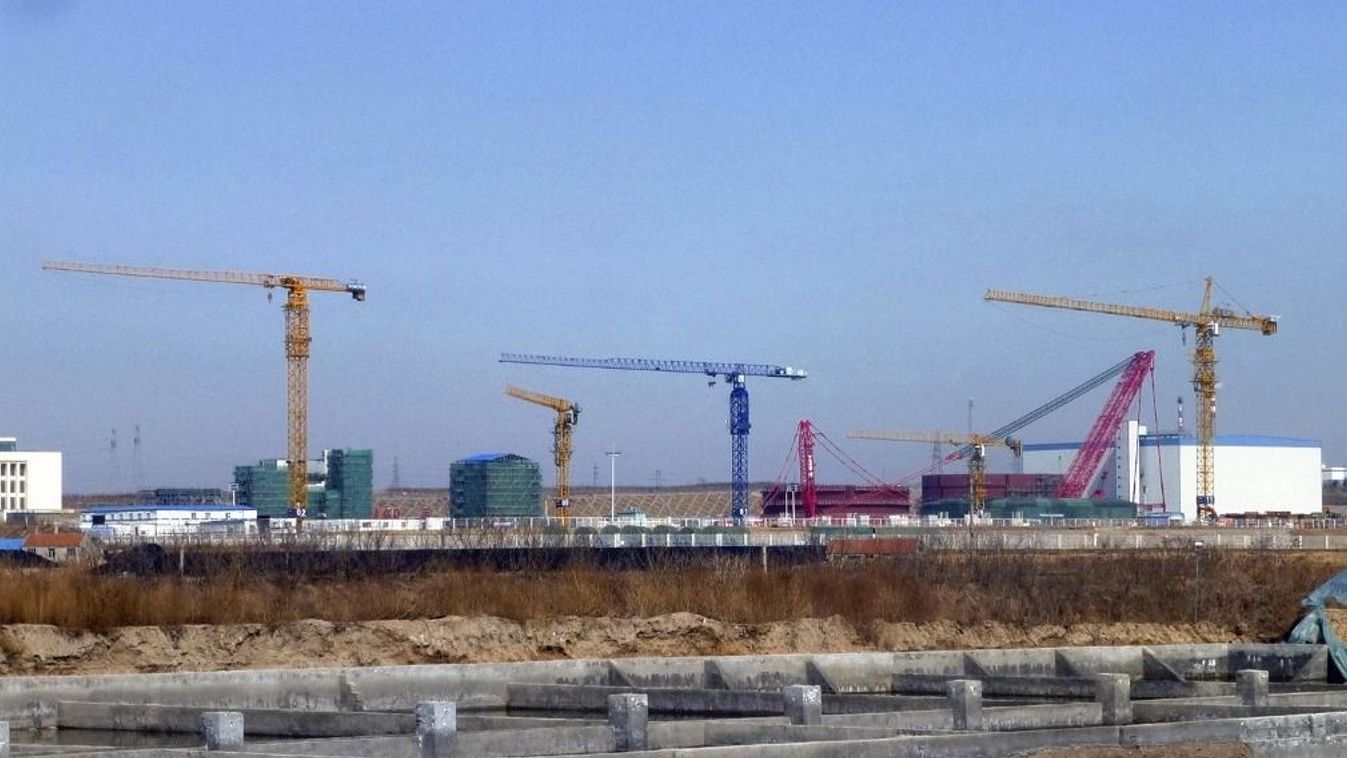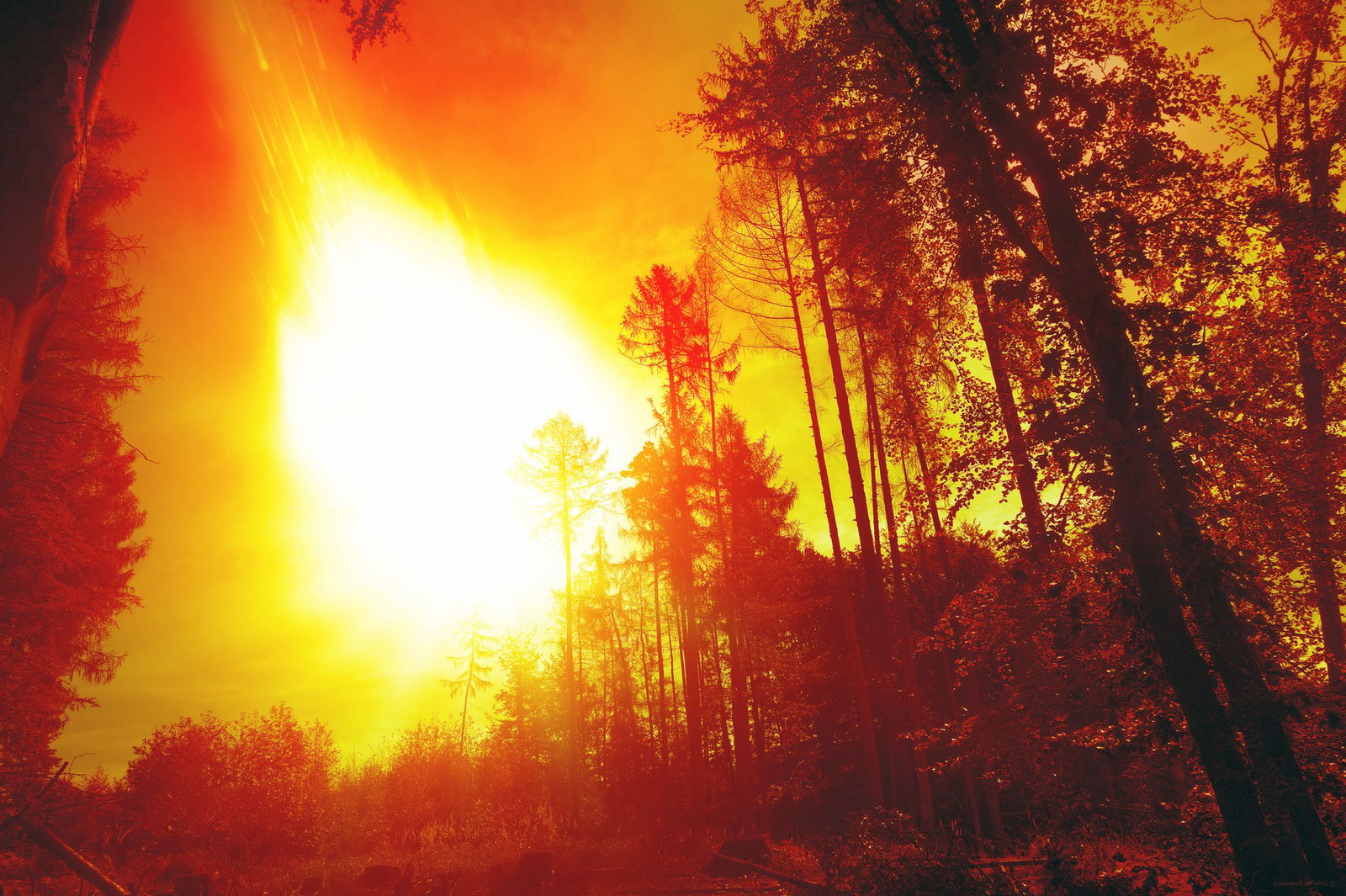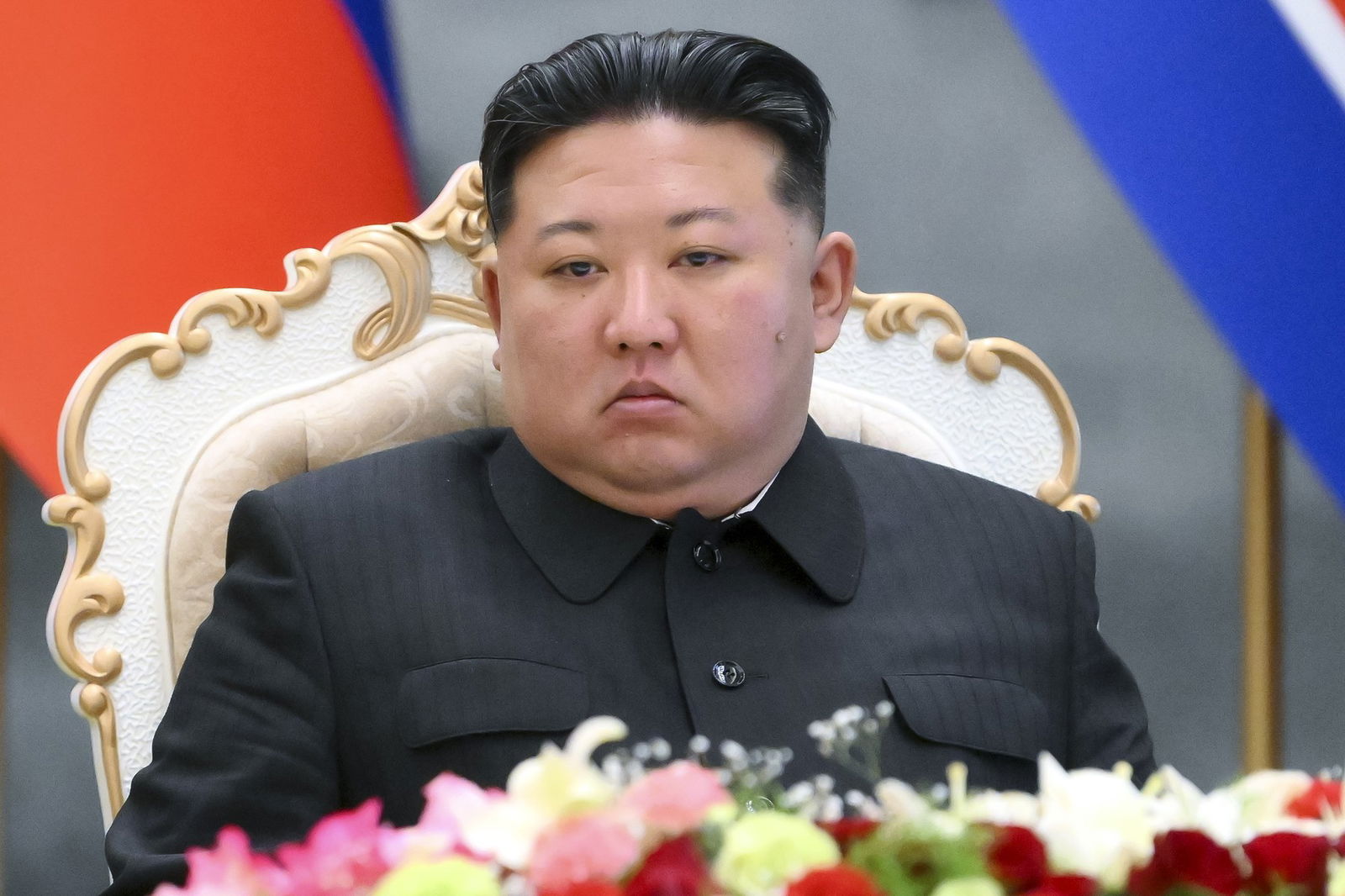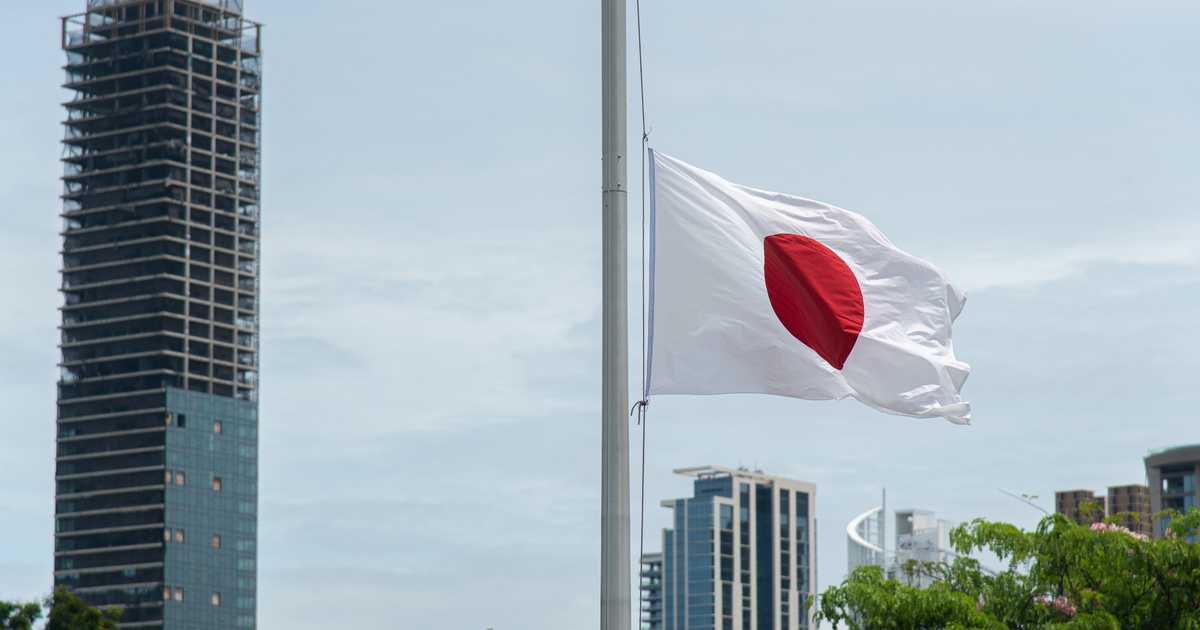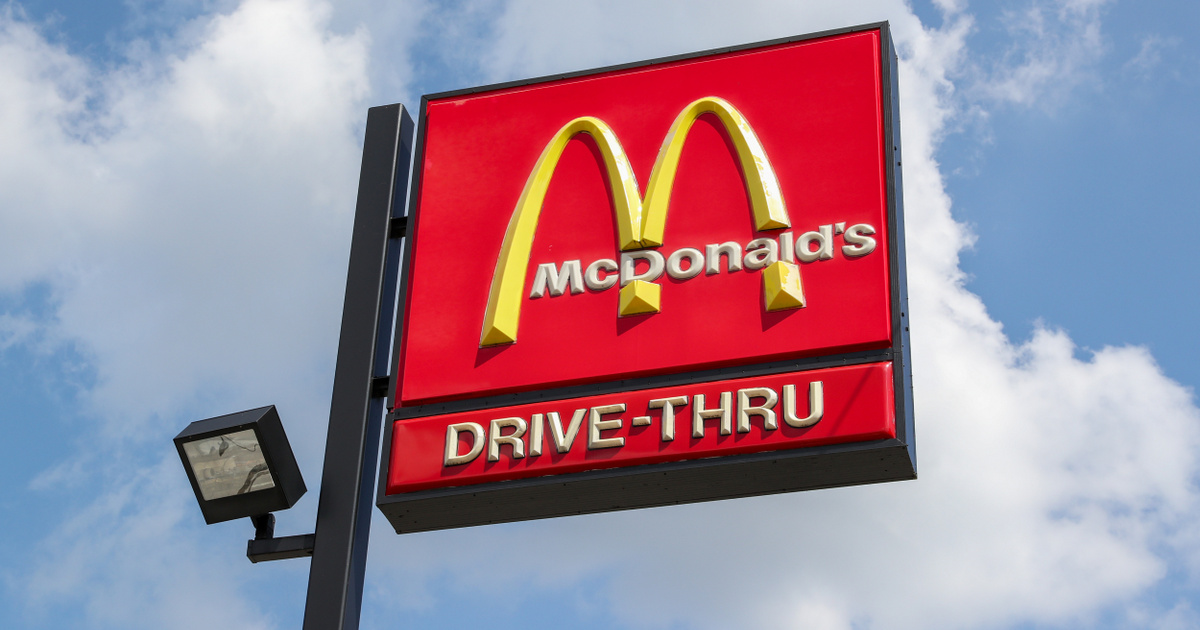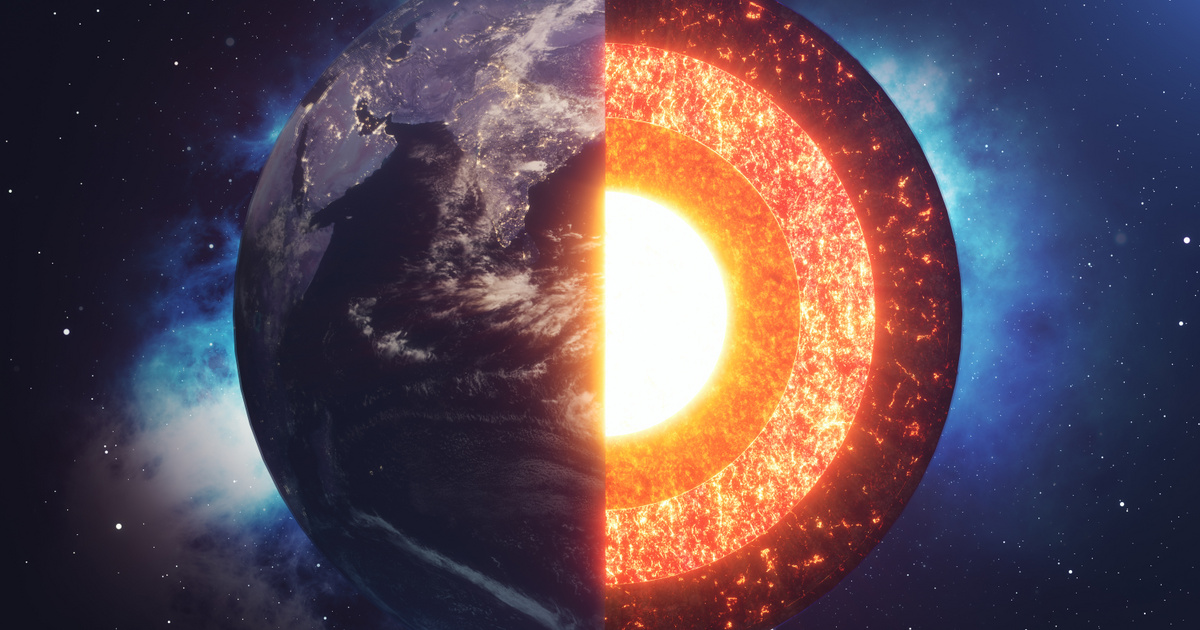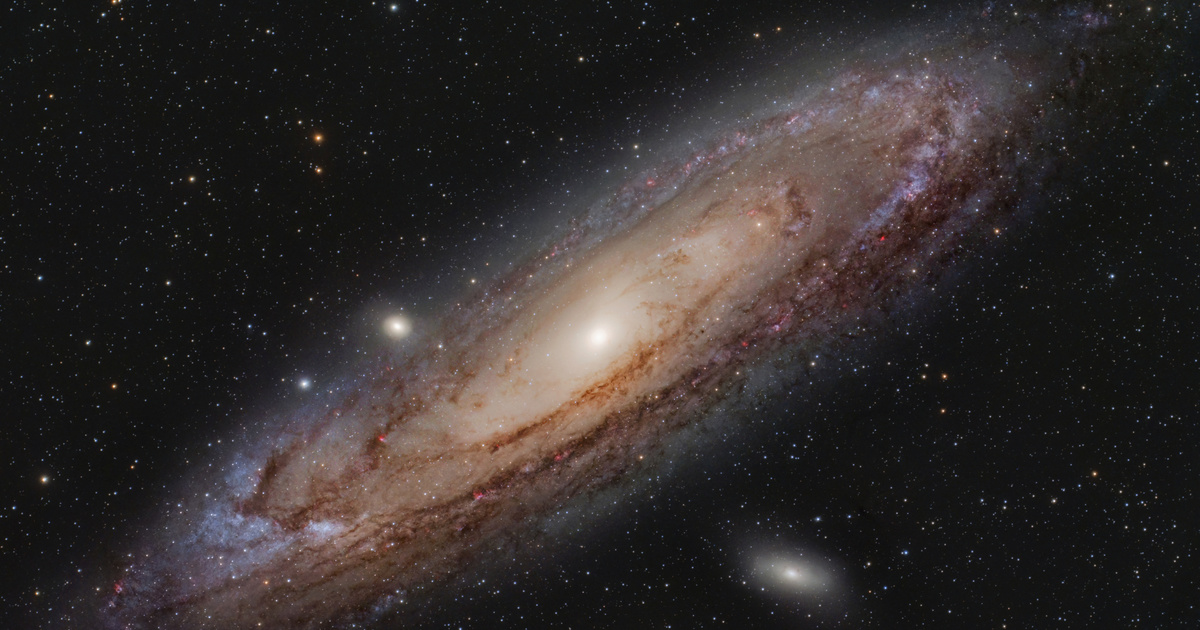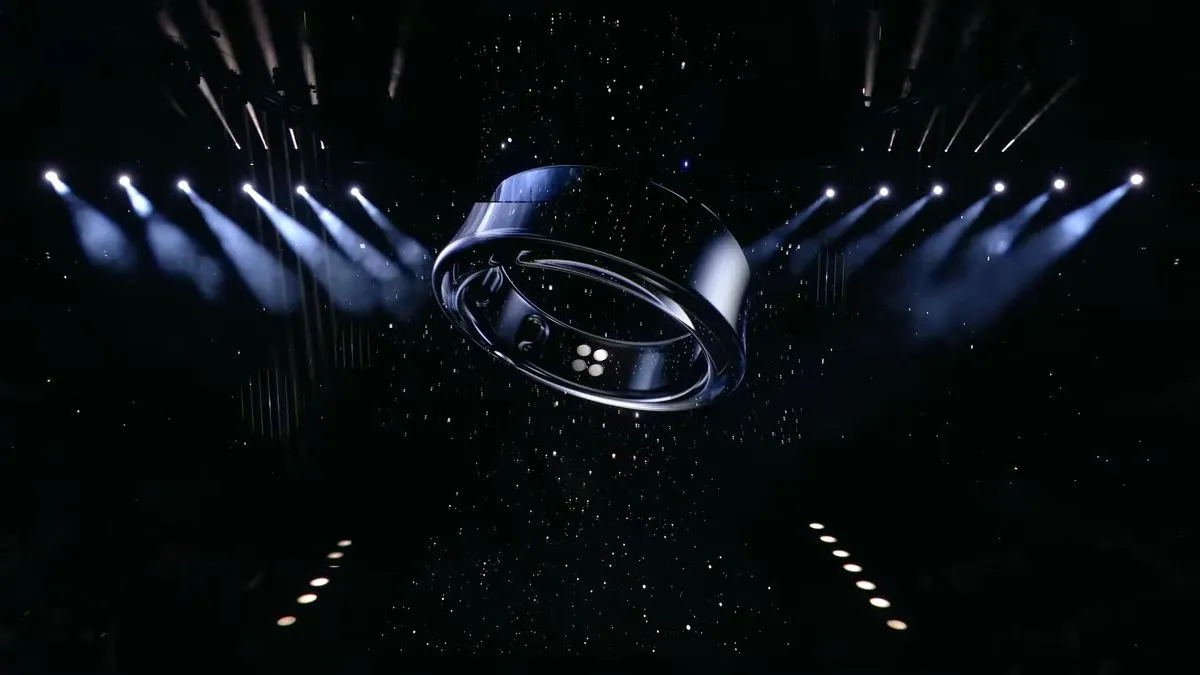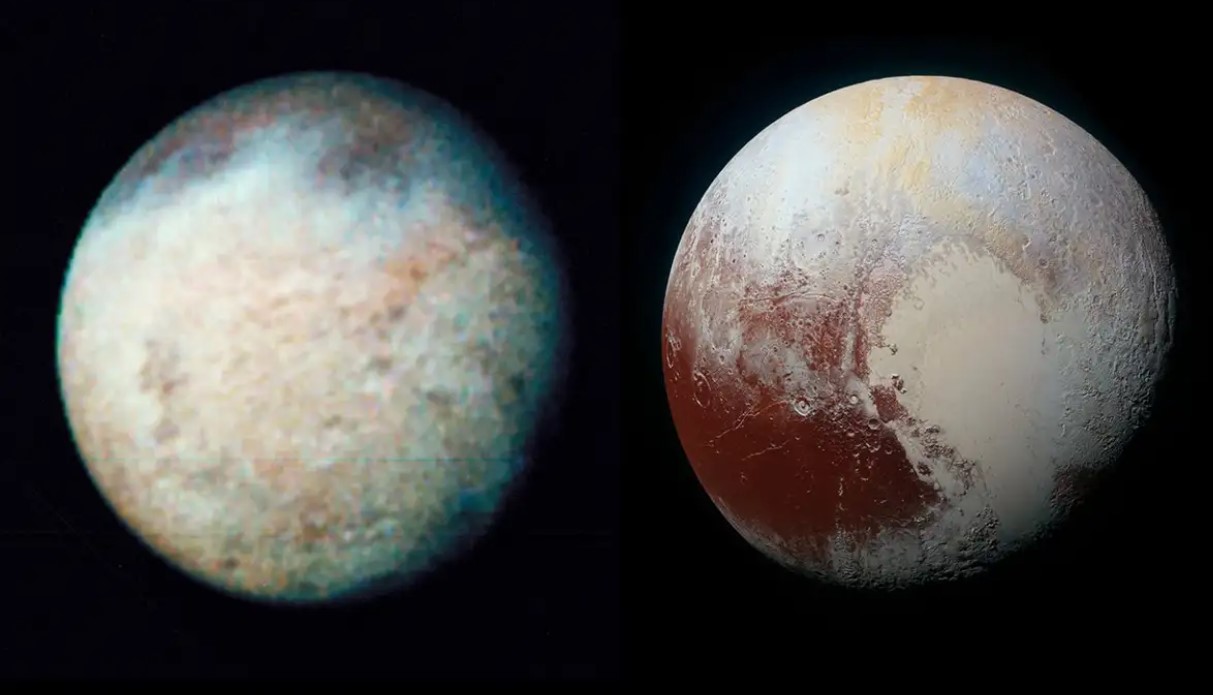China is increasingly investing in space, which worries NASA researchers. Bill Nelson, Administrator of NASA, recently gave an interview to a German newspaper He said; They fear that in the future China will somehow claim ownership of the moon and prevent other countries from examining celestial bodies. Beijing responded immediately, calling the allegations “lies.”
The atmosphere of gunpowder between NASA and Chinese government officials is also due to the fact that both countries are actively engaged in missions to the moon, and China does not hide its lunar aspirations.

Although the Americans were the first to land on the moon, China was the first country to send a spacecraft to the far side of the celestial body. In January 2019, Jütu-2 landed with the Chang-o-4 lander on the far side of the Moon, which is invisible from Earth, and has been conducting investigations into Karman Crater ever since. China’s National Space Agency (CNSA) will begin the technical development of the fourth phase of its lunar exploration program this year, and the continent-wide country will also build a permanent, manned international lunar research station by 2027.
strict international space law
At the same time, China cannot legally own the moon, as this is against international space law. The Outer Space Treaty, adopted in 1967 and signed by 134 countries, including China, states that outer space, including the Moon and other celestial bodies, cannot be seized by any country.
Under a literal interpretation, the treaty notes that no country can ever capture the Moon, and that if China – or any country – attempts to do so, it will attract serious international criticism and retaliatory action. At the same time, Outer Space Treaty The first article allows everyone to explore outer space and celestial bodies.
Expensive trips
It is also a fact that any control of the moon, which is roughly 39 million square kilometers – or nearly five times the size of Australia – would be very costly, and because of its size, it would be central. Only in regions of the moon of strategic value. These are, for example, lunar craters with a high concentration of ice. Ice on the Moon is very important because it provides water to people, which they will not have to transport from Earth. Ice can also serve as a vital source of oxygen and hydrogen, which can be used as rocket fuel.
The US and China both increased their space budgets in 2020, with the US increasing 5.6% and China 17.1% compared to the previous year.
At the same time, securing and imposing control of the strategic lunar territory will require huge financial investments and long-term efforts, and no country can do this without everyone realizing it.

Based on the foregoing, it can be argued that if China – or someone else – took control of a part of the Moon, it would be a very risky, expensive and provocative business, with a very low probability.



